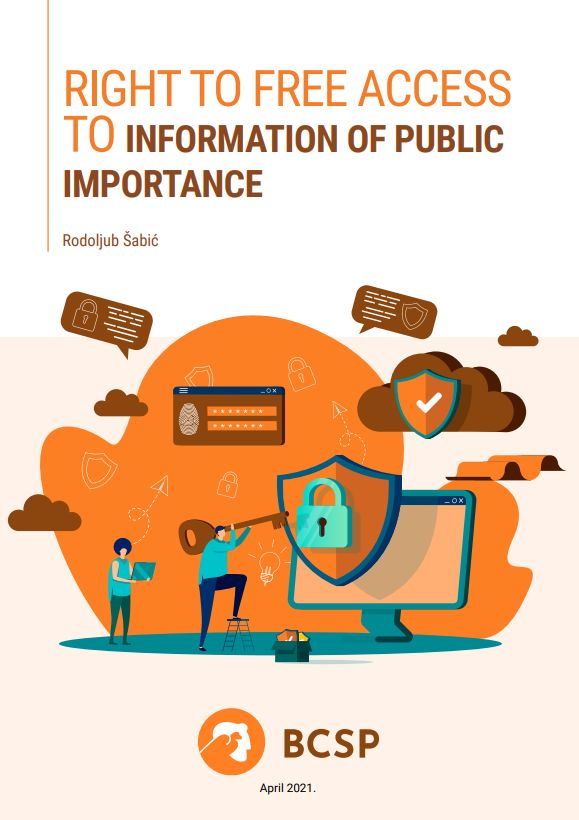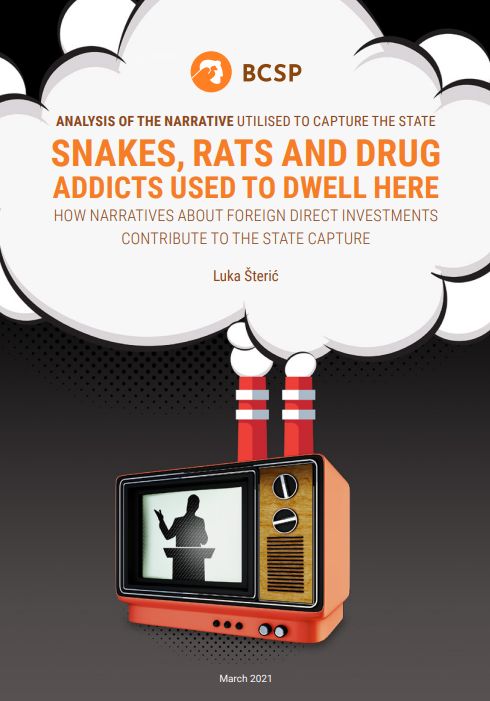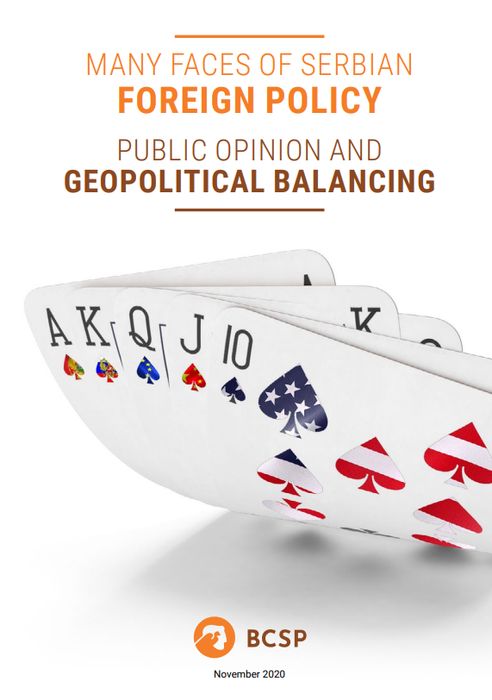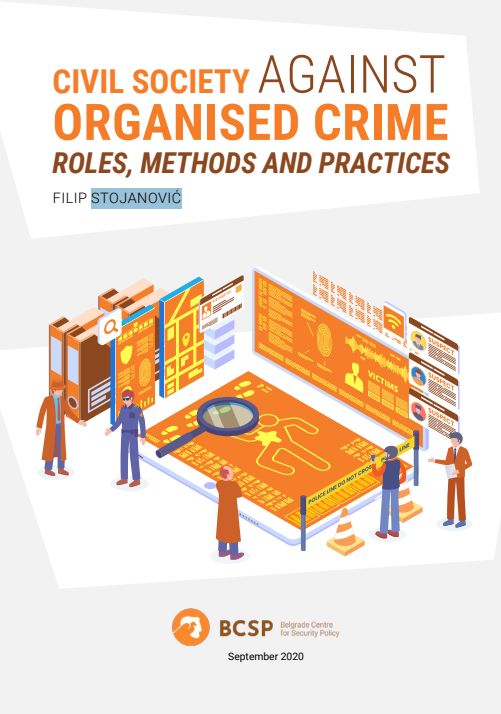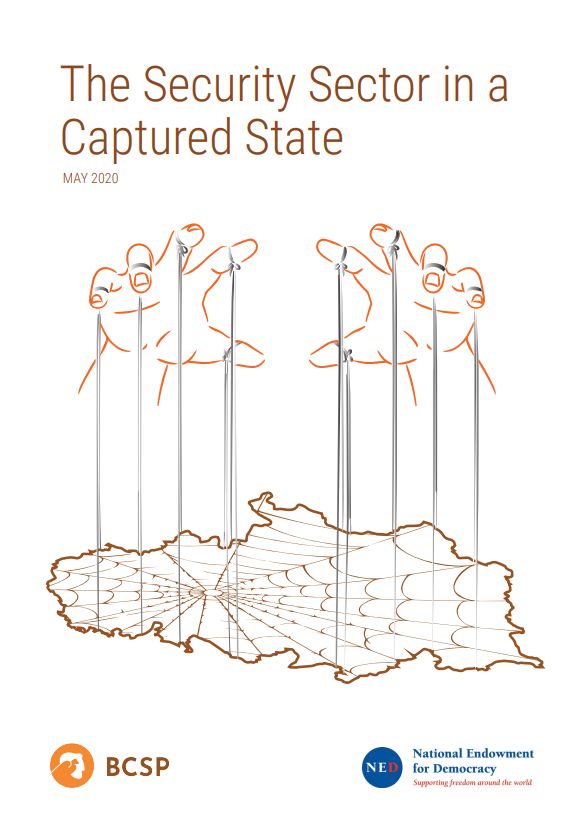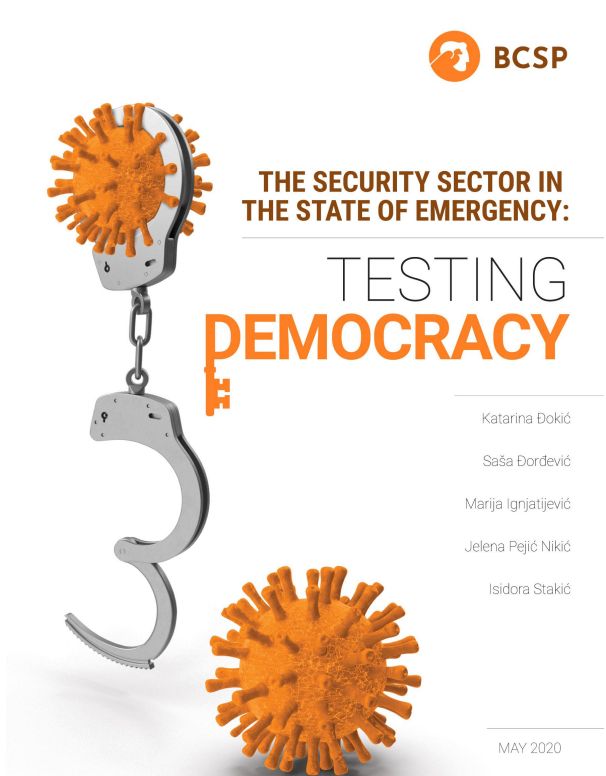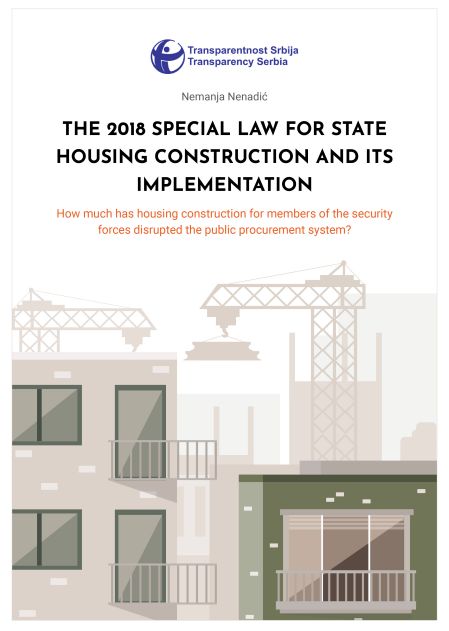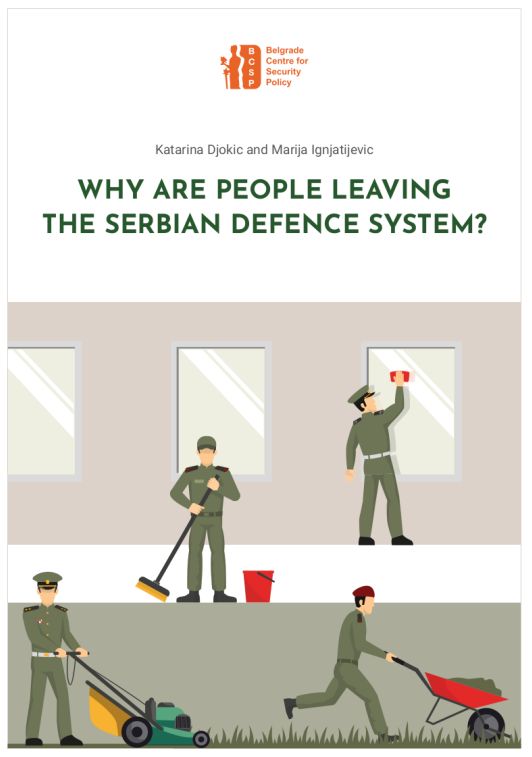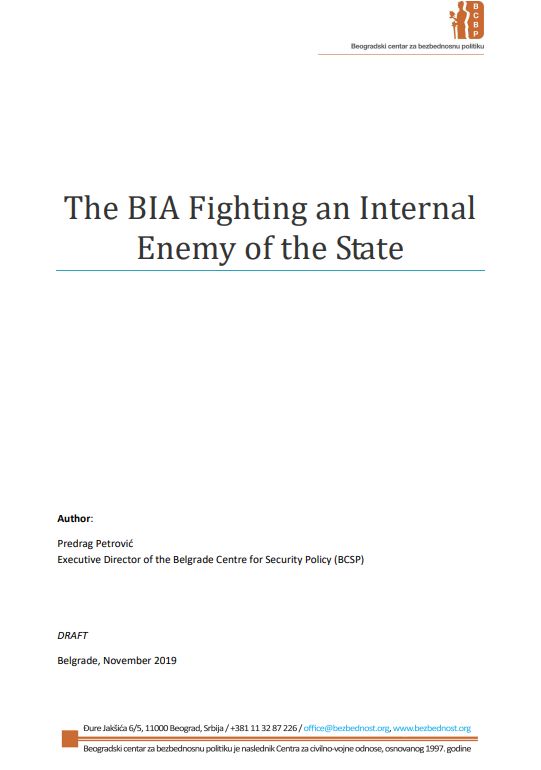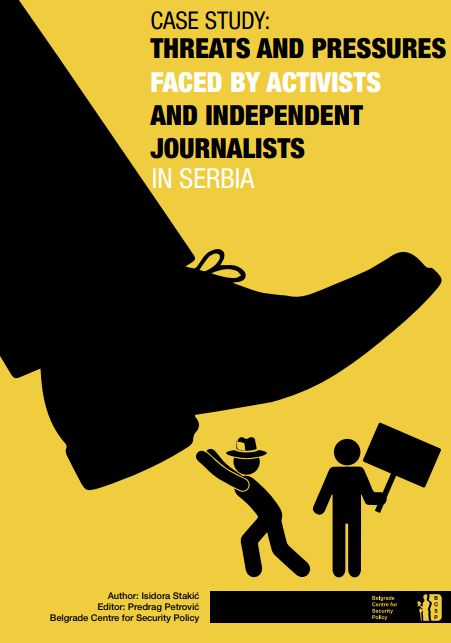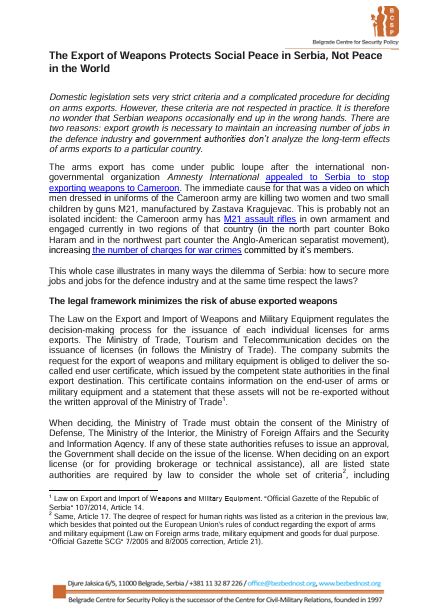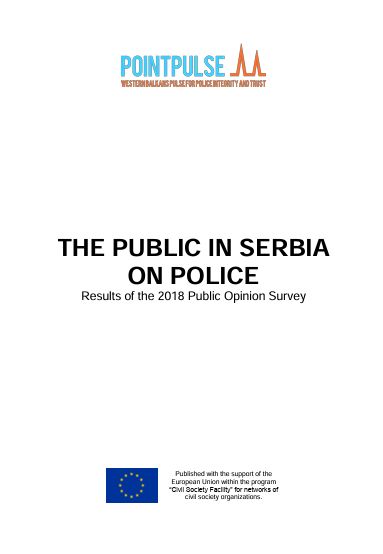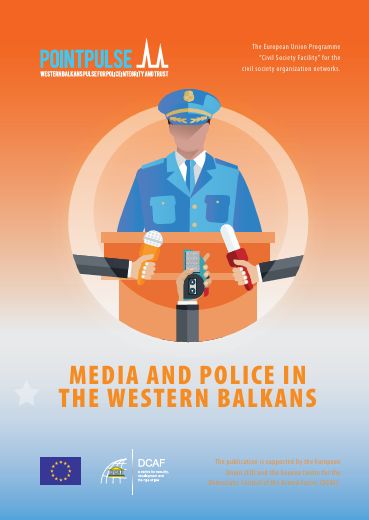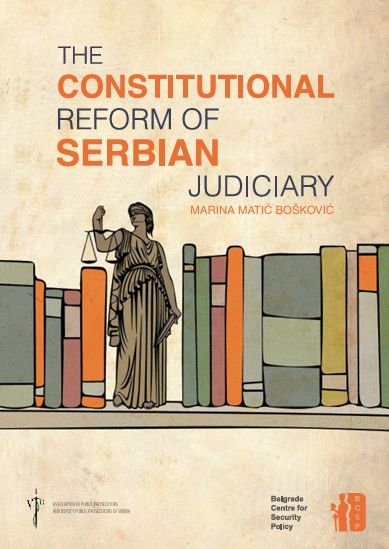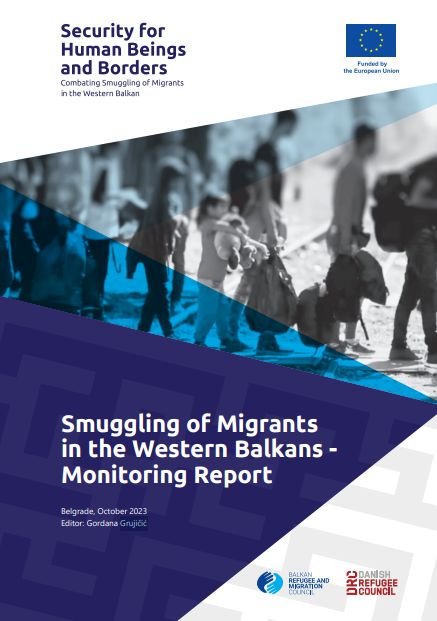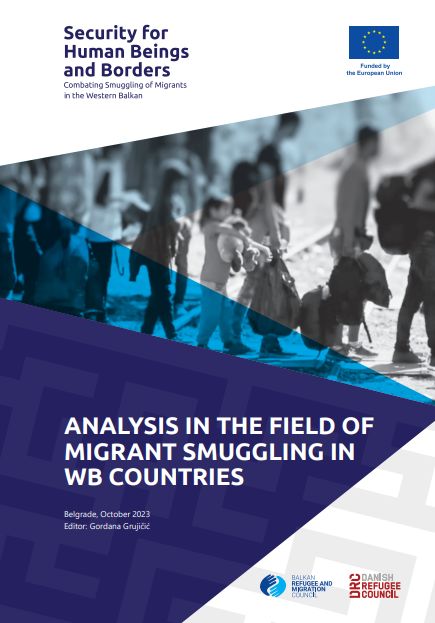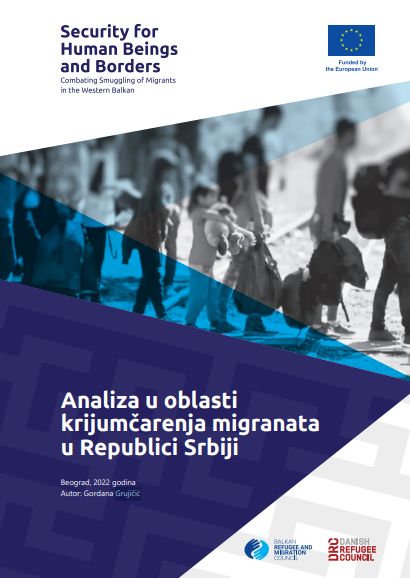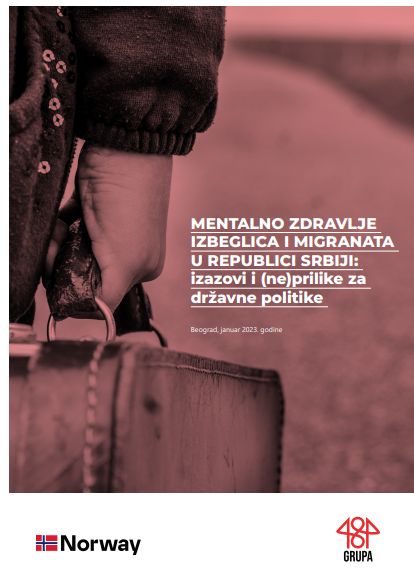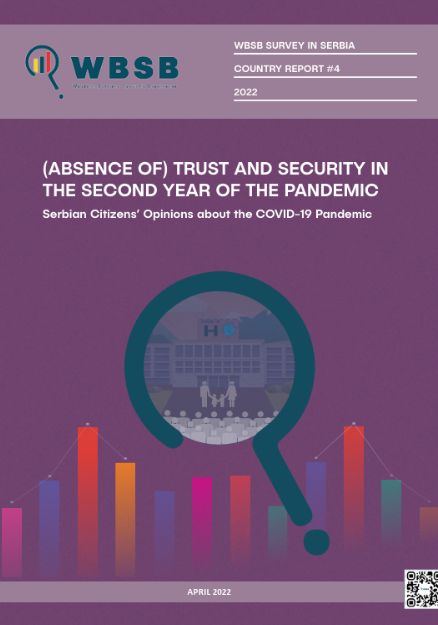
(Absence of) Trust and Security in the Second Year of the Pandemic – Serbian Citizens’ Opinions about the COVID-19 Pandemic
(Absence of) Trust and Security in the Second Year of the Pandemic – Serbian Citizens’ Opinions about the COVID-19 Pandemic
Keywords: COVID-19; pandemic; Accountability; Disaster Risk Management; Serbian Security Policy; immunisation;
The public opinion poll on the management of the COVID-19 pandemic, the process of immunisation of the population and the impact of the pandemic on the work of institutions and the status of democracy was conducted during the relatively calm epidemiological period, just before the big wave in late 2021 and early 2022, when Serbia had a record number of registered citizens newly infected with the Coronavirus. At the same time, the survey was conducted in the period when all adult citizens were offered the so-called booster or the third dose of the vaccine against COVID-19. The observed period was marked by the political and security crisis in Kosovo, so the pandemic was not in the focus of public and political discussion. In the meantime, the gradual calming of the situation regarding the pandemic itself, and primarily the reduction of the number of newly infected and dead, created space for the analysis and assessment of the way the pandemic had been managed.
More...
